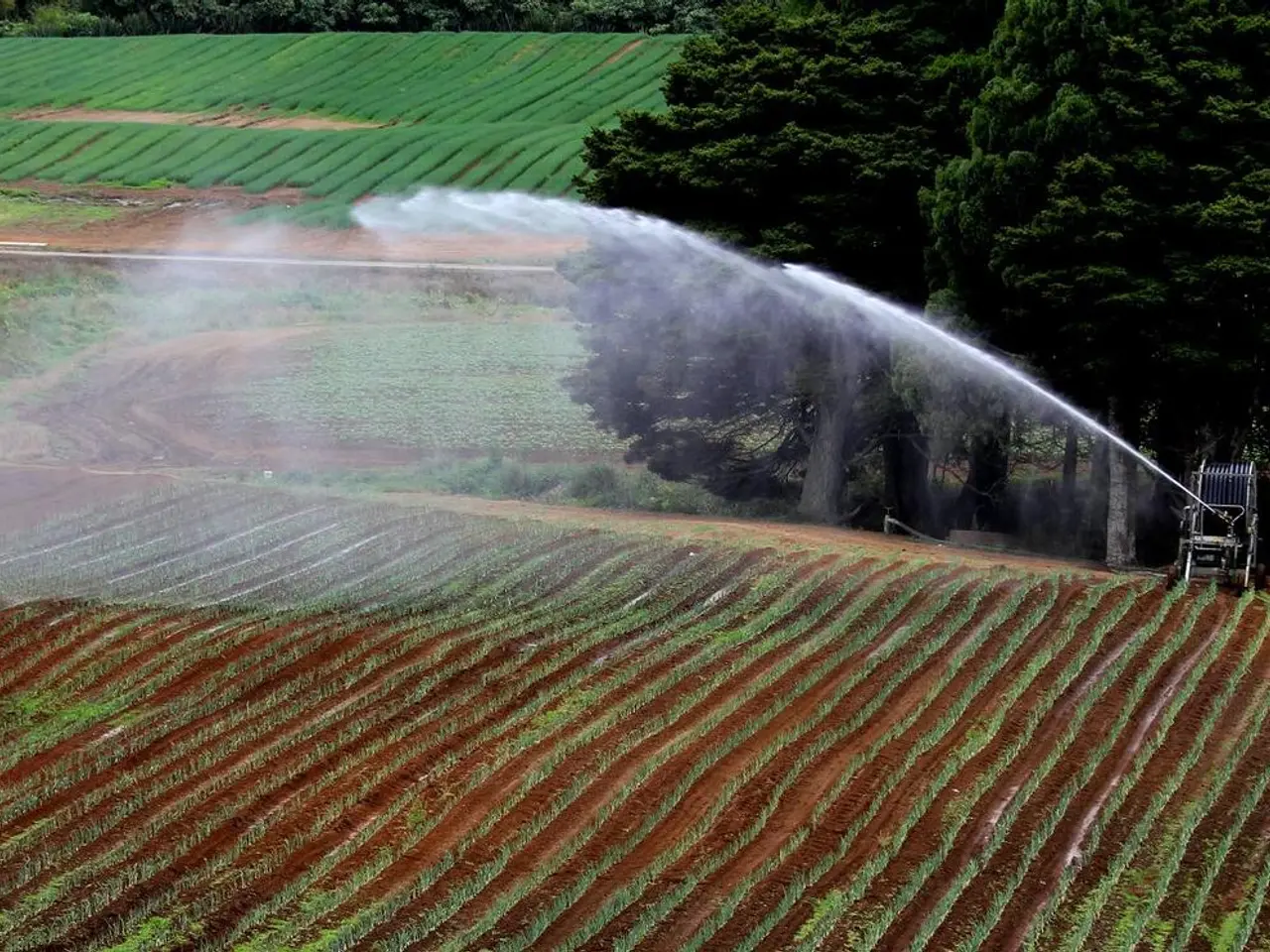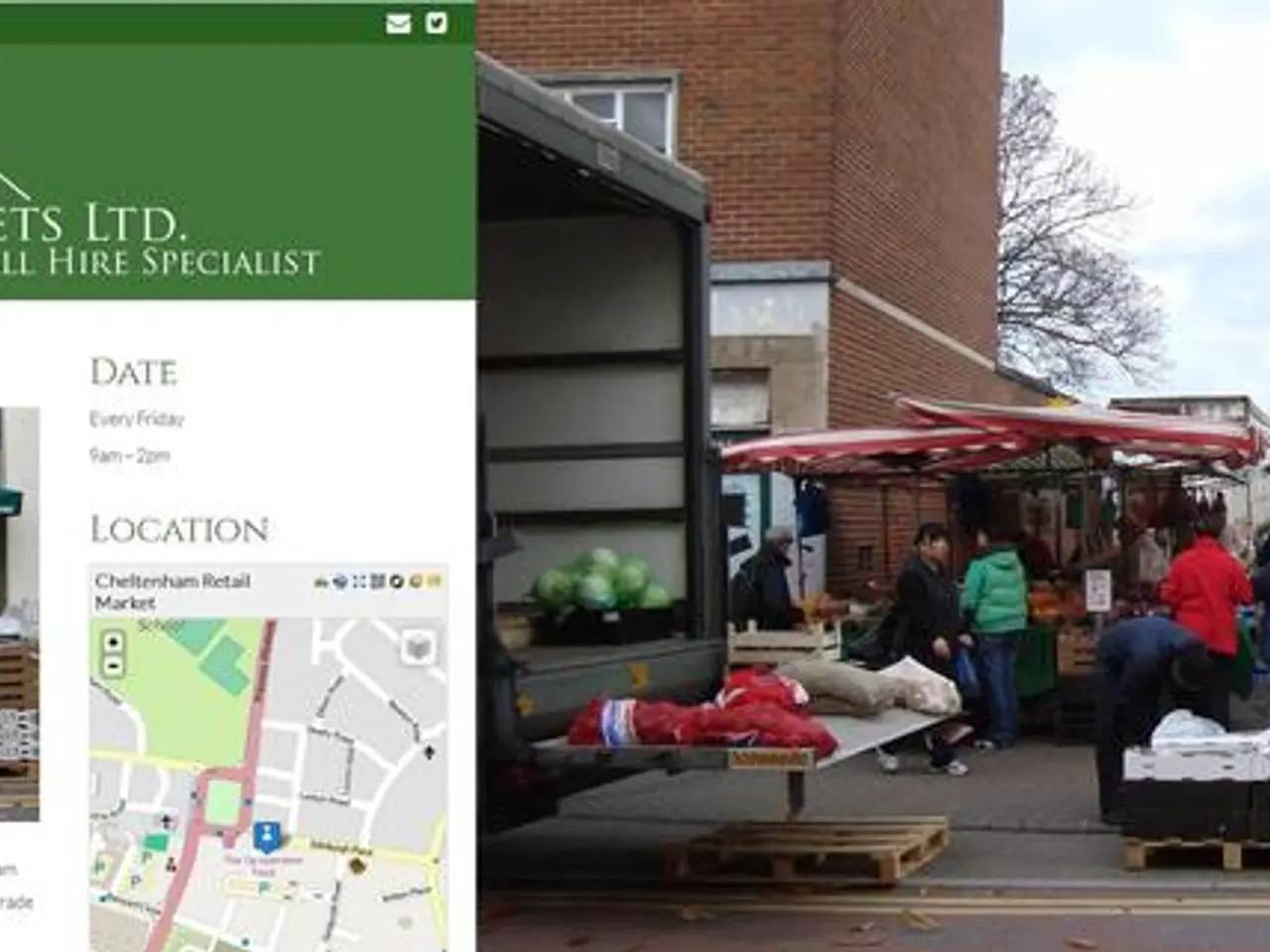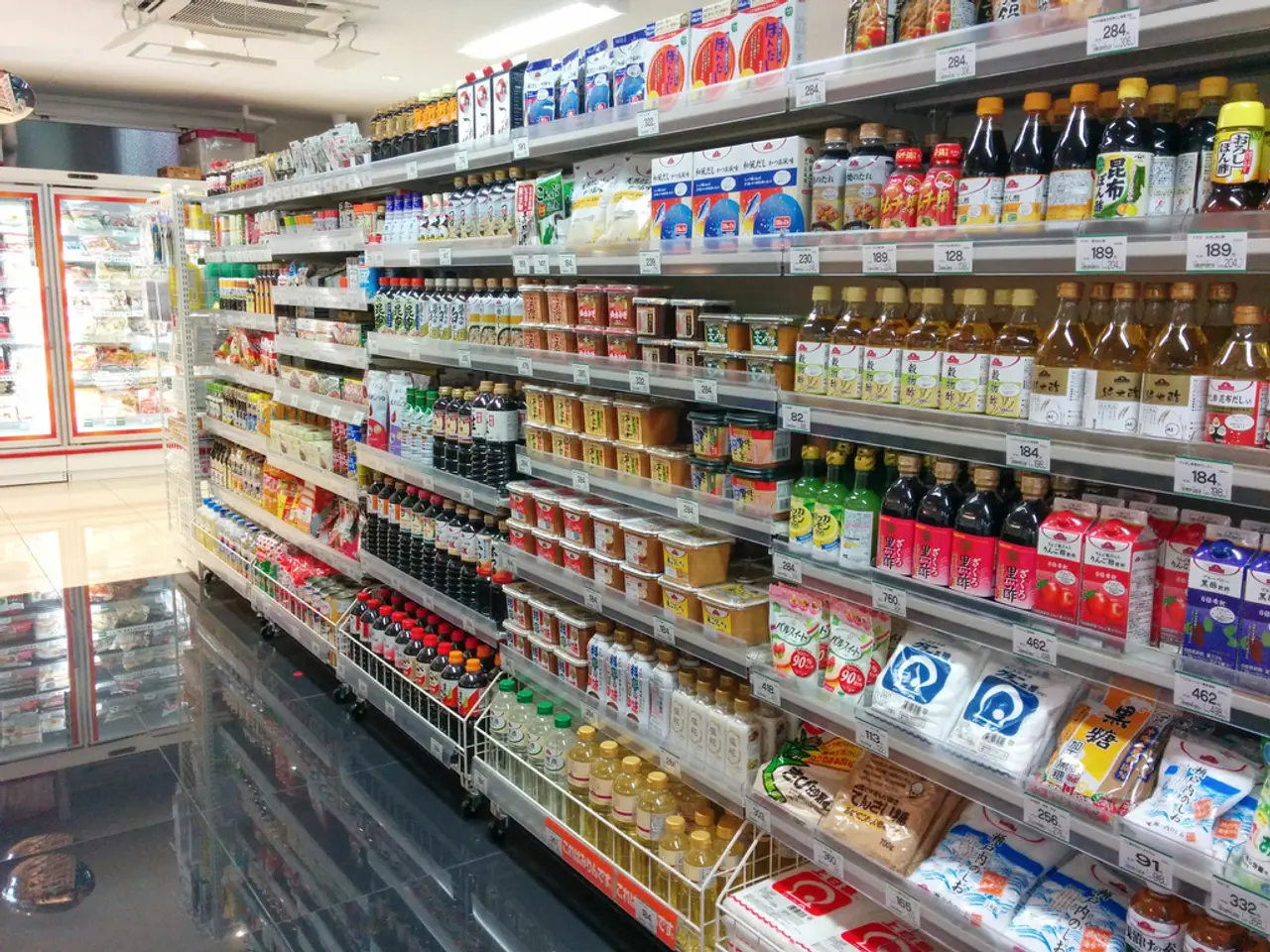Agricultural Recovery Project for South Africa: Agri-Processing 2025 Initiative
South Africa's agricultural sector is currently facing a myriad of challenges and opportunities, particularly in the areas of post-harvest infrastructure, export standards, local market penetration, and supply chain resilience for meat and dairy.
### Challenges
Poor infrastructure, including inadequate farm access roads, unreliable electricity supply, and dysfunctional municipal services, is a significant barrier to efficient agro-processing and overall agricultural productivity. Infrastructure weaknesses also limit the sector's ability to store, process, and transport produce post-harvest, leading to losses and reduced competitiveness.
The stalled implementation of land reform, including delayed issuing of title deeds for government-acquired land, creates uncertainty for emerging black farmers. Without proper land ownership and security, these farmers struggle to access credit for inputs and investment, limiting their commercial viability. The new Expropriation Act, which enables land acquisition with or without compensation, raises fears among farmers about property rights, threatening capital access and potentially reducing commercial farming operations, impacting food security and output.
South Africa’s agricultural sector is heavily dependent on export markets. Geopolitical concerns and restrictive biosecurity issues pose risks to sustaining and expanding access to key markets such as the EU, UK, China, India, Saudi Arabia, and Egypt. There is a need to maintain current market access while diversifying export destinations to mitigate risks arising from global trade uncertainties.
There is tension between government-driven transformation objectives, which prioritize empowerment of black farmers and food security, and industry concerns focused on profitability and competitiveness. Transformation efforts are seen by some as essential for sustainable growth and inclusion but may introduce challenges in maintaining sector profitability.
The sector’s animal subsectors, such as meat and dairy, are affected by disease outbreaks, impacting production and supply chain stability. Managing biosecurity effectively is critical to ensuring resilience and meeting both local demand and export standards.
### Opportunities
The collaborative implementation of an Agricultural and Agro-processing Master Plan can address inefficiencies in infrastructure, biosecurity, and municipal services to spur long-term growth.
Expanding export markets beyond traditional partners to countries in Asia, Middle East, and Africa offers potential for stabilized growth and reduced dependence on a few markets.
If managed well, transformation policies aimed at supporting black farmers could unlock untapped talent and promote sustainability and productivity gains, enhancing food security.
Integrated reporting on food prices and input costs can help monitor inflation pressures, aiding policy responses to protect smallholder and low-income consumer interests.
In conclusion, the South African agricultural sector must simultaneously navigate complex land reform and infrastructure challenges while advancing transformation and maintaining export competitiveness. Strengthening post-harvest infrastructure and ensuring supply chain resilience in meat and dairy, alongside expanding and safeguarding export markets, represent critical pathways to sector growth and food security.
Key points in brief:
| Aspect | Current Challenges | Opportunities | |---------------------------|------------------------------------------------------------|-----------------------------------------------------------| | Post-Harvest Infrastructure | Poor roads, electricity, water, municipal services | Agricultural Master Plan for infrastructure improvements | | Export Standards & Markets | Biosecurity risks, geopolitical uncertainty | Market diversification (Asia, Middle East, Africa) | | Local Market Penetration | Transformation vs profitability tensions | Empowerment of black farmers, improved food security | | Meat & Dairy Supply Chain | Disease outbreaks affecting production and supply stability | Enhanced biosecurity management | | Land Reform & Security | Title deed delays, uncertainty from Expropriation Act | Potential to unlock commercial viability with tenure clarity |
This multi-faceted approach will be vital to overcoming bottlenecks and fully realizing South Africa's agricultural potential. Automated packhouse systems are being implemented by agri-processors in South Africa, and the growth was primarily driven by a surge in field crops and horticulture.
The implementation of an Agricultural and Agro-processing Master Plan can provide opportunities to address infrastructure inefficiencies, biosecurity concerns, and municipal service issues, thereby fostering long-term growth in the sector.
Engaging in business expansion by targeting export markets in Asia, the Middle East, and Africa could lead to stabilized growth and reduced dependence on traditional partners.
Seizing the potential of transformation policies that support black farmers can unlock untapped talent and promote sustainability and productivity gains, ultimately enhancing food security within the industry.




